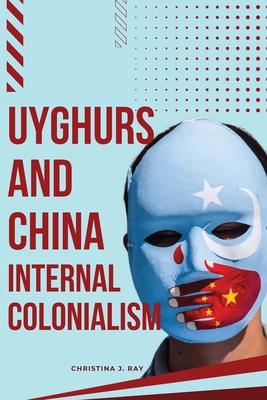This book provides a comprehensive examination of the complex historical, political, and socio-economic dynamics in the Xinjiang Uyghur Autonomous Region (XUAR), shedding light on the ongoing conflict between the Chinese state and the indigenous Uyghur population. Positioned at the crossroads of geo-strategic and economic importance for China, the XUAR has been subject to various forms of rule, evolving from dynastic to nationalist and eventually Communist governance.
The study argues that China's engagement with the Uyghur homeland has, to varying degrees, been characterized by internal colonialism. This form of governance involves the expropriation and erasure of the lands, culture, and way of life of an indigenous or minority people by a majority-ruled state within its borders. The contemporary context reveals a violent phase of internal colonization as China pursues economic development through resource extraction in the XUAR and global economic reach via the Belt and Road Initiative.
